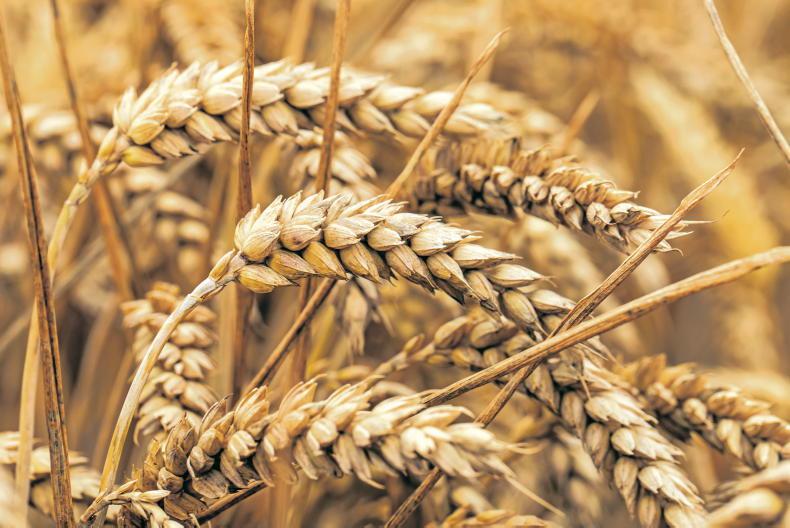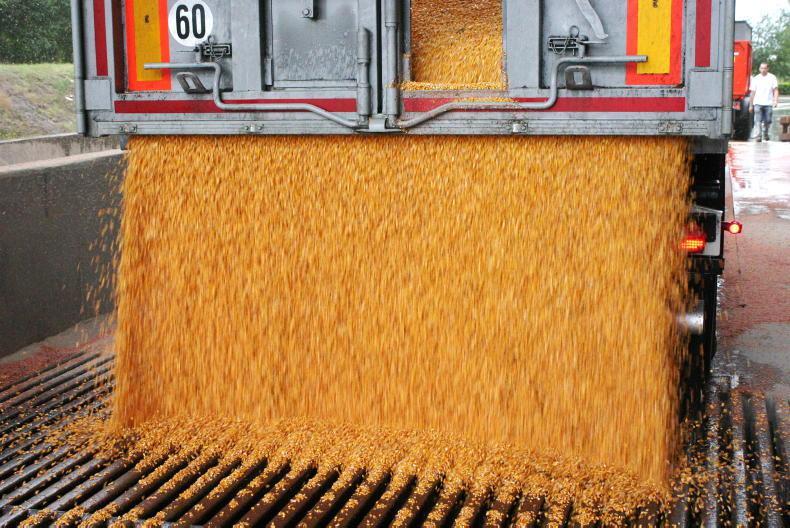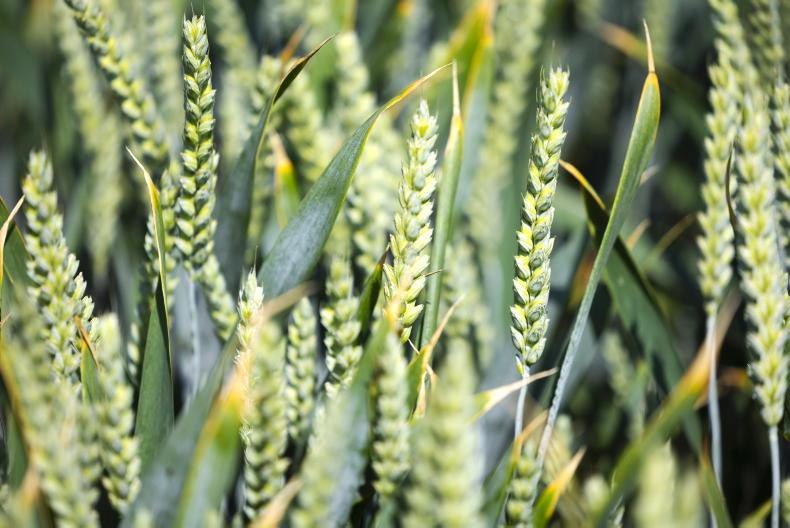What a week! Nearby wheat futures prices hit €450/t and native wheat and barley traded between €390 and €420/t in recent days.
On Friday of last week, the March MATIF contracts traded within a €56.50/t range in a few hours and dropped half of it again by close of business.
This volatility is making life very difficult for producers and users. A similar escalation is affecting virtually all inputs.
All grain markets are following a similar pattern, but the main heat is on wheat. Feed grains are rising also, but to a lesser degree.
This is because Ukraine and Russia together accounted for roughly 56mt of the 190mt of wheat traded internationally over the past three years.
And whatever the outcome, international wheat availability is likely to remain tight in the coming years in the absence of supplies from either or both these countries.
Extreme volatility
On 25 February, MATIF December wheat closed the week at €268.75/t – up €6/t on the previous week despite a massive hike on the previous day when the invasion began.
One week later (4 March), it closed at €308.75/t – a much bigger hike, but well down on the highs of the week.
On Monday of this week, March wheat hit a high of just over €331/t and it closed that day at €325.25/t. Then, on Tuesday, markets weakened and the December contract closed at €312.75/t. All positions weakened ahead of a US report and the March contract closed on Tuesday at €395/t.
This level of volatility has made prices impossible to ascertain again this week as they change by the hour.
Many uncertainties
While much of Ukraine’s wheat was planted last winter, lack of inputs and labour could now make yield very uncertain.
Planting of maize and sunflower could be seriously reduced by the war effort.
This would be hugely significant for maize and sunflower production, as Ukraine is a significant exporter of both.
While Ukraine’s ports are closed, the AHDB reports that the country’s state-run railways continue to operate and deliver agricultural exports into neighbouring countries such as Romania, Poland, Hungary, and Slovakia.
Oilseeds
The ongoing conflict is also impacting on oilseed markets, as the combined countries have a very significant production and export of sunflowers and other oilseeds.
This is affecting oilseed rape, with MATIF November contracts at €730.25/t at Tuesday’s close (8 March).
The nearby May contract hit a high of €904.50/t on Tuesday, but then it closed lower at €882.75/t.









SHARING OPTIONS